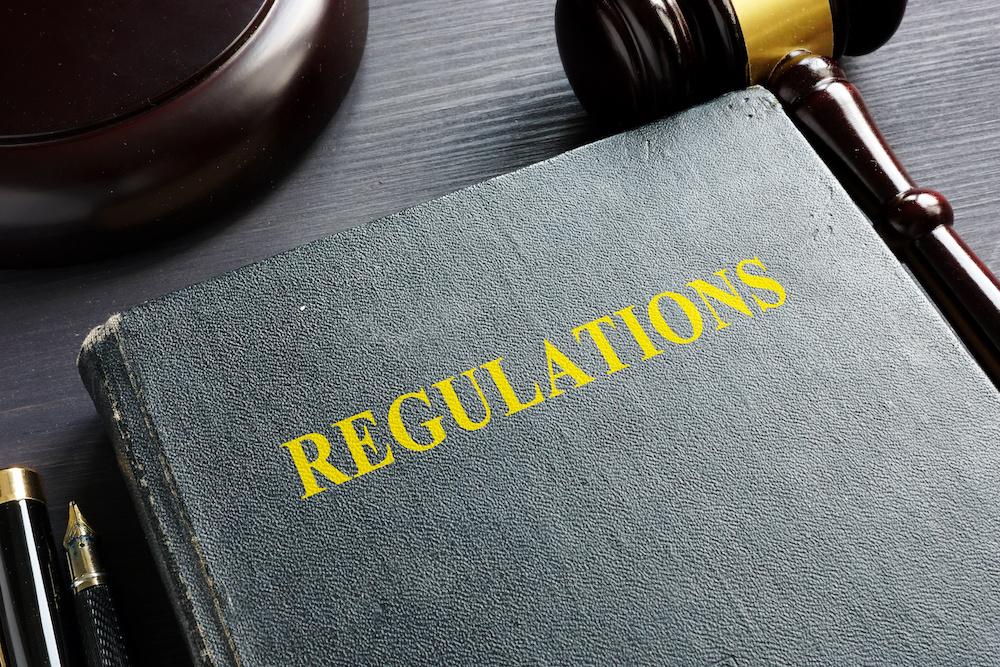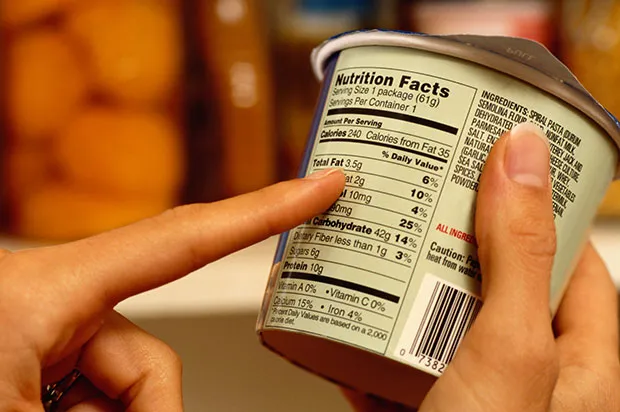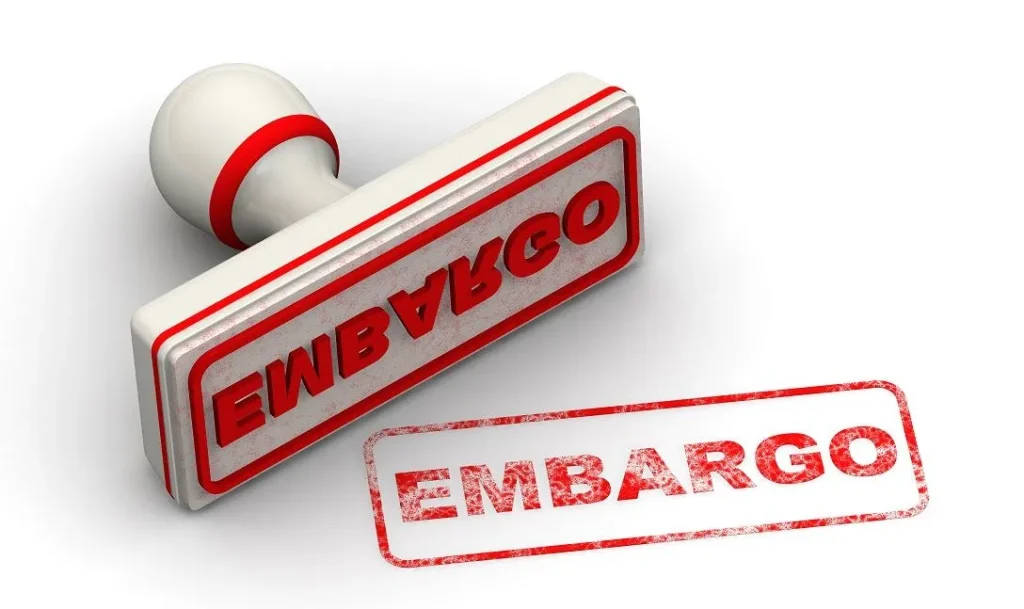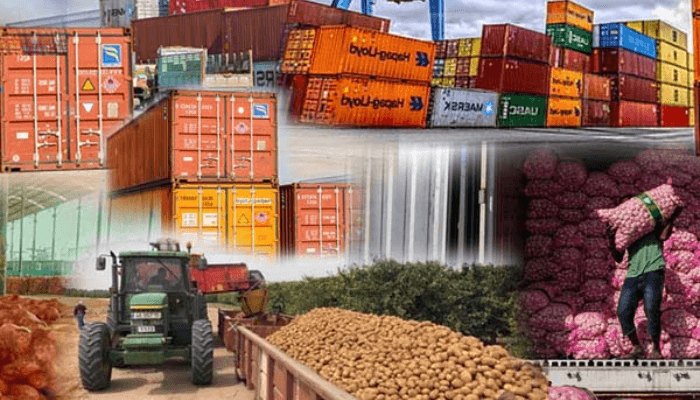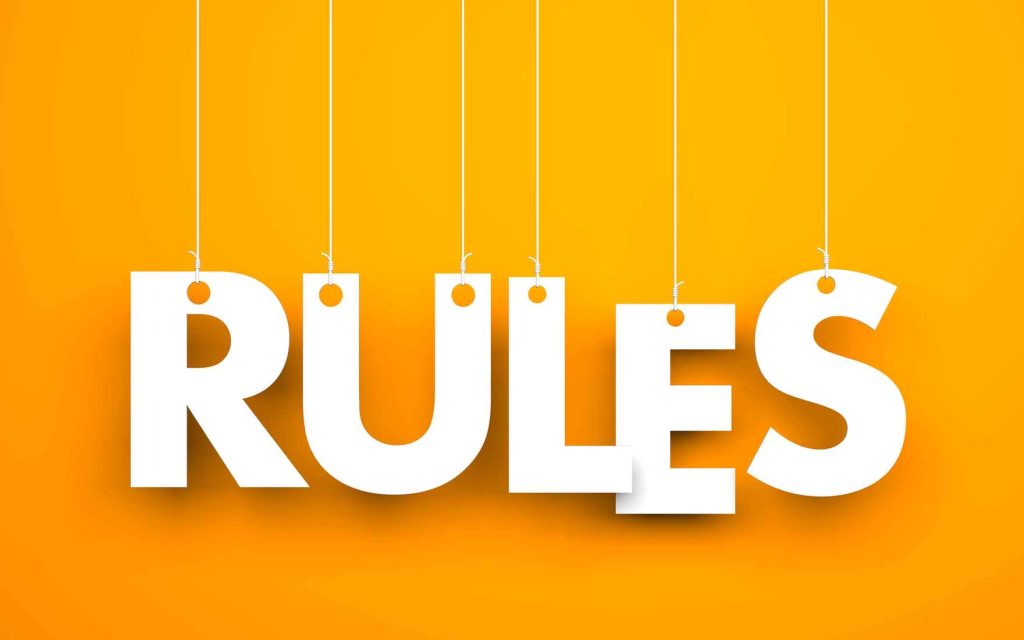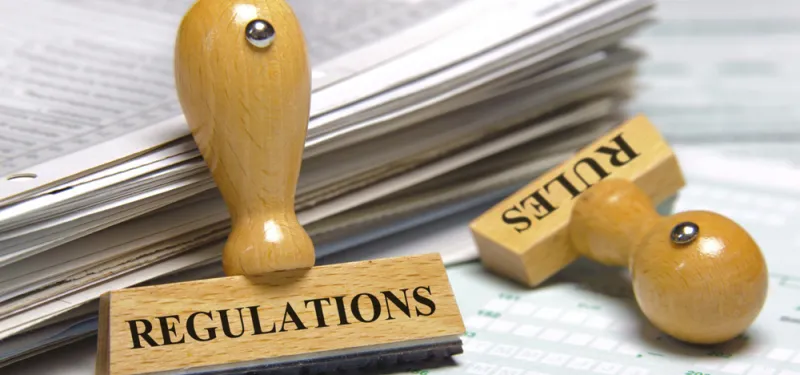
So, you’ve got a great local product and you’re ready to take it global. That’s exciting—but before anything leaves the warehouse, there’s one crucial step you can’t skip: export compliance.
Export compliance means following the rules and regulations that govern what you can export, where you can send it, and how it should be documented. It might sound intimidating, but getting it right protects your business and keeps your shipments moving smoothly. Here’s a beginner-friendly guide to help local businesses understand and navigate export compliance.
1. Know What You’re Exporting (and If It’s Allowed)
Every product has a classification, often called an HS Code (Harmonized System Code). This code determines how your product is taxed and whether there are restrictions on its export.
- Check if your product is considered “dual-use” (civilian + military use), sensitive, or regulated.
- Make sure it’s legal to export from your country and to import into the destination country.
Tip: Start with your local trade office or customs authority—they often have tools to look up product classifications.
2. Understand Export Licenses and Permits
Some products require special export licenses, especially if they relate to technology, chemicals, agriculture, or security-sensitive items.
- Not all exports need a license, but failing to get one when required can result in serious penalties.
- Different countries have different license requirements—even for the same product.
Checklist:
✔ Check if your product needs a license
✔ Identify the licensing agency
✔ Apply before shipping anything
3. Prepare Accurate and Complete Documentation
Paperwork is everything in export compliance. Some essential documents include:
- Commercial Invoice
- Packing List
- Bill of Lading / Airway Bill
- Certificate of Origin
- Export Declaration Form
Incomplete or inaccurate documents can cause shipment delays, fines, or even legal trouble.
4. Screen Your Buyers and Destinations
Not all buyers or countries are allowed. You’ll need to make sure your customer isn’t on a restricted or sanctioned list.
- Avoid doing business with embargoed countries or blacklisted individuals.
- Some platforms and export compliance tools help automate this screening process.
Bonus: Doing proper due diligence also builds trust with international partners.
5. Stay Updated with Changing Regulations
Export laws aren’t static—they can change due to political shifts, sanctions, trade agreements, or global conflicts. Stay informed by:
- Subscribing to official trade bulletins
- Joining local export associations or chambers of commerce
- Consulting trade consultants periodically
Conclusion
Export compliance might feel like a lot at first—but it’s simply about being prepared and informed. By following the rules, keeping your documents in order, and checking your customers and products carefully, you protect your business and open the door to global growth. Think of compliance not as a barrier—but as your passport to international success.




